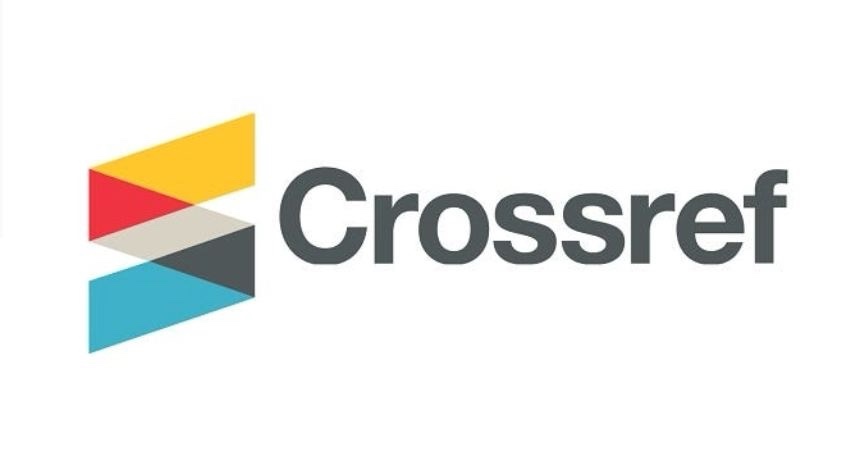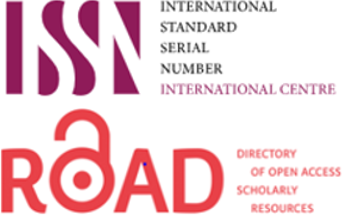Patients' Knowledge about Chronic Diseases towards Risk Factors and Warning Signs of Stroke
DOI:
https://doi.org/10.58897/injns.v23i2.76Keywords:
: Knowledge; Chronic Diseases; Risk Factors; Warning Signs; StrokeAbstract
Objectives: to assess chronic diseases patients’ knowledge toward stroke risk factors and warning signs, besides
determining the relationship between chronic diseases patients’ knowledge and their sociodemographical
characteristics.
Methodology: A descriptive study was carried out at public medical clinics which has started from December
2
nd, 2008 to August 8th, 2009. A purposive "non-probability" sample of (300) chronic diseases individuals who
were clients of Public Medical Clinics who have one or more of the following chronic diseases (hypertension,
diabetes mellitus, heart diseases, and previous stroke), in Baghdad city. The data were collected through the use
of a constructed questionnaire which consists of three parts (1) Sociodemographic data form that consist 7-items
(2) Medical data form that consists of 10-items and (3) Main domains of the studied phenomena form consists of
3-sections (domains) of definition, warning sings, and risk factors of 62 items, by means of direct interview
technique with the chronic diseases patients. Descriptive statistical analysis procedures (frequency, percentage,
mean of scores, standard deviation, and relative sufficiency) and inferential statistical analysis procedures
(pearson correlation coefficient, contingency coefficient, Chi-square test, and Fisher exact probability test) were
used.
Results: The findings of the study indicated that there is a knowledge deficit of chronic diseases patients mainly
in stroke warning signs followed by stroke risk factors. No significant relationship was found between chronic
diseases patients’ knowledge and their gender, employment, while significant relationship was found between
chronic diseases patients’ knowledge and their age and level of education.
Recommendations: The study recommends that an intensive comprehensive, evidence-based obligatory wide
population-based health education programs are needed to improve awareness of stroke, especially among the
most vulnerable groups (chronic diseases patients), eldeely, and less educated persons as well as lay people.















